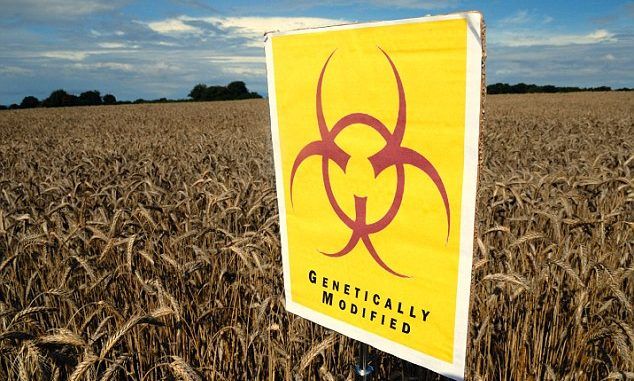
The EU is expected to permit seventeen new genetically modified products into its market. Individual countries would reportedly be able to ban GM products, as long as they don’t challenge the science behind authorizations.
The Guardian reports:
An announcement could be made as early as next week, sources said, when a meeting of EU commissioners has been pencilled in to review adoption of new rules for approving GM imports.

BYPASS THE CENSORS
Sign up to get unfiltered news delivered straight to your inbox.
You can unsubscribe any time. By subscribing you agree to our Terms of Use
Europe currently imports around 58 GM products from abroad, mostly US maize, cotton, soy bean and sugar beet.
But Greenpeace said that the US has raised the issue of a large logjam in biotech authorisations in talks over a free trade deal known as TTIP.
“With transatlantic trade talks ongoing, pressure has been mounting from the biotech industry and the US government to break open the EU market to GM imports and to speed up authorisation procedures,” Marco Contiero, Greenpeace EU’s agriculture director, told the Guardian. “The possible authorisation of 17 GM crops by the commission in the next few days is a likely result of this pressure.”
“The timing is still being discussed but it is just a question of internal procedure now,” a source familiar with the discussions told the Guardian. “It is clear that the 17 strains will be authorised at the same time as the review meeting or just after. I would say it will happen before the end of May for sure.”
Under proposed new GM import rules seen by the Guardian, future authorisations would automatically follow approval of new strains by the European Food and Safety Agency (Efsa). Individual countries would be given a similar opt-out to the one agreed for GM cultivation in a law passed earlier this year.
“It will be up to each member state wanting to make use of this ‘opt-out’ to develop this justification on a case-by-case basis, taking into account the GMO [genetically-modified organism] in question, the type of measure envisaged and the specific circumstances at national or regional level that can justify such an opt-out,” the draft said.
Opposition from some EU states to draft GM authorisations is “usually not based on science but on other considerations reflecting the societal debate existing in the country,” the commission argues. So opt-outs will not be granted to EU states who seek it on health or environmental grounds, after Efsa has deemed a product safe.
“The scope for the exceptions [opt-outs] will probably be less than in the cultivation proposal because we are talking about the internal market here,” an informed source said. “You will have to have a really solid reason. Otherwise it would be attacked as a disruption to the market.”
But biotech industry groups are opposed to the measure, fearing that it would prevent the free movement of GM imports in practice, as countries found ways to opt-out on technicalities, such as claiming trace residues of unauthorised strains in shipment containers. The 17 products include animal feeds as well as food for human consumption.


